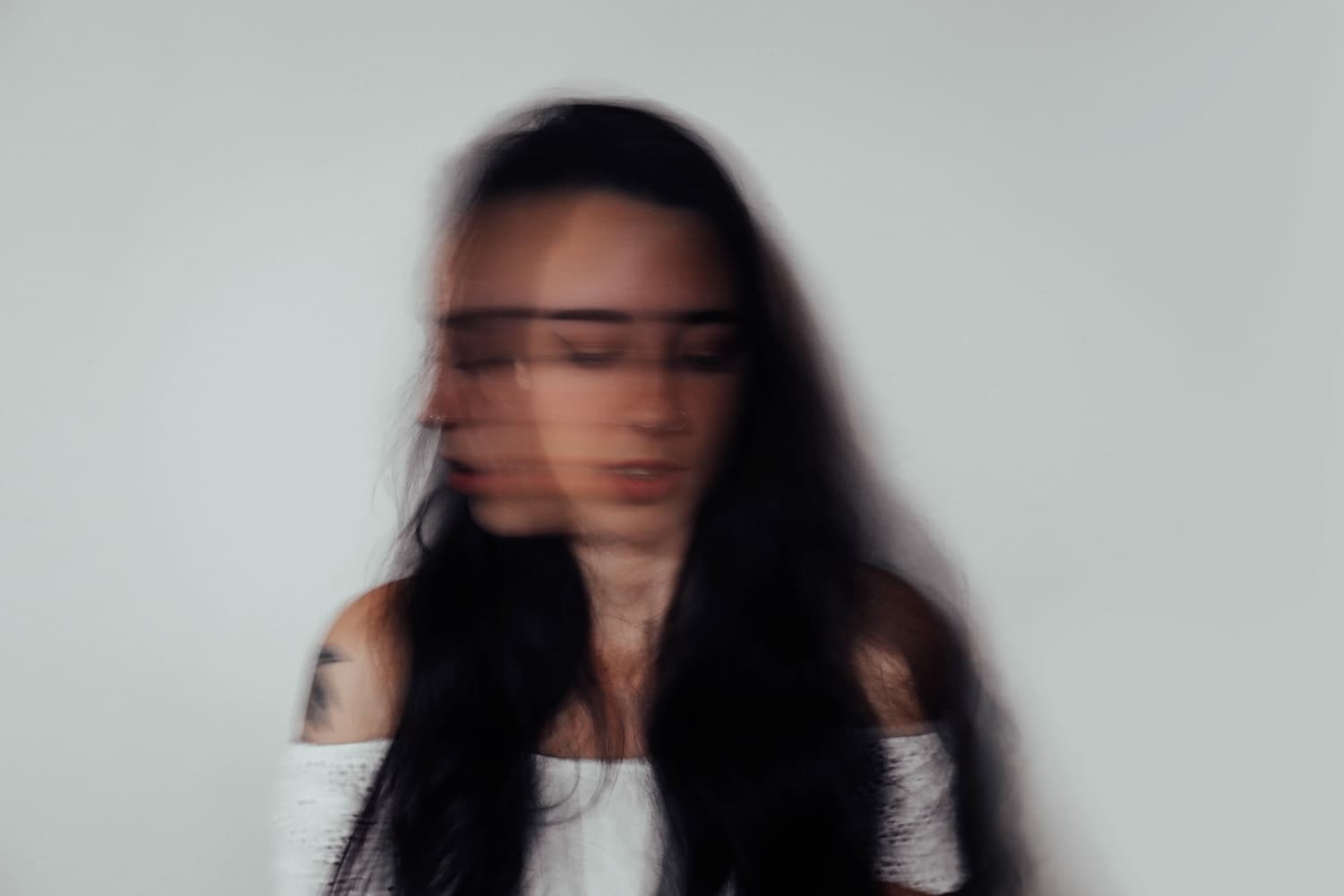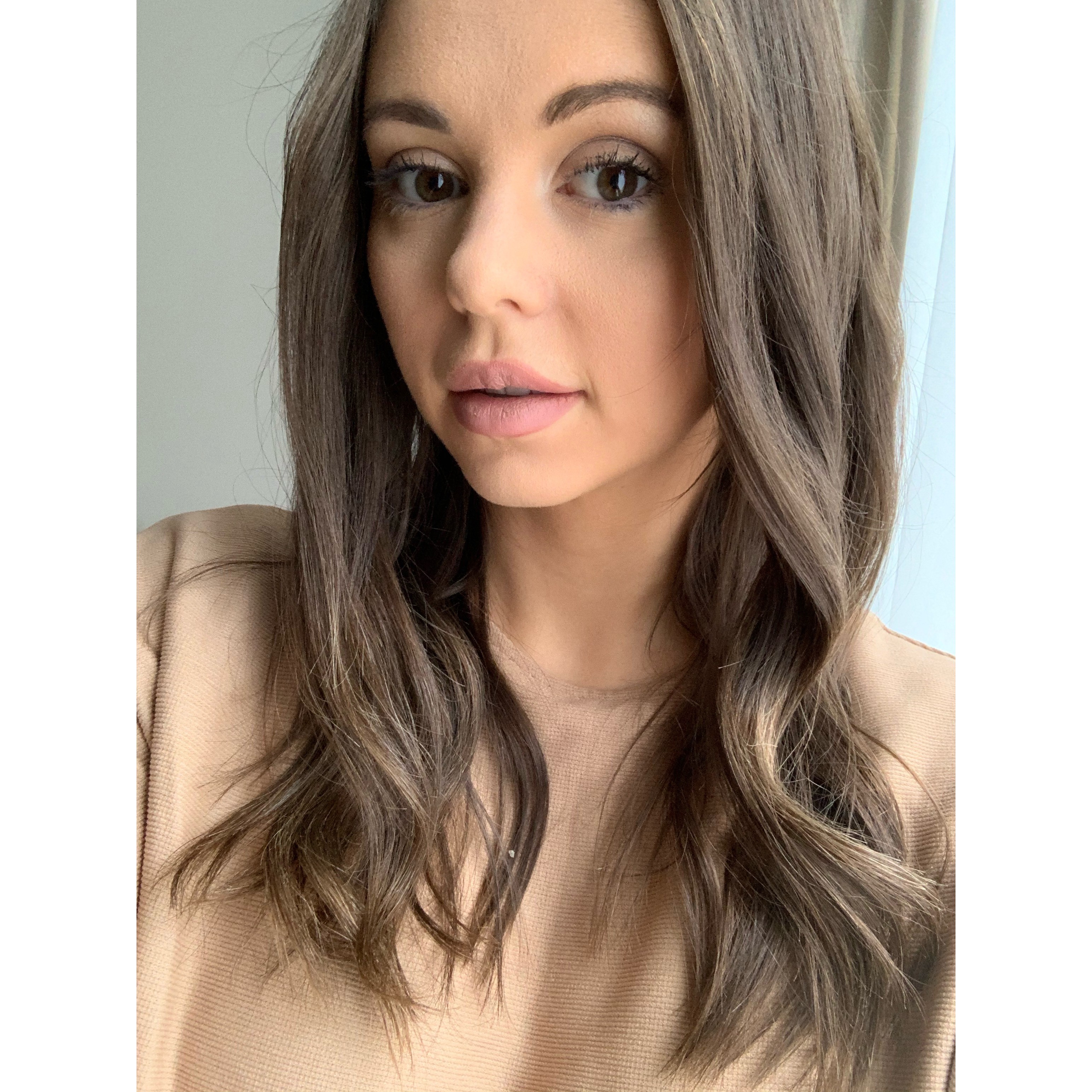
The definition of anxiety at a general level is excessive fear, worry, sadness, nervousness or unease about something. Its symptoms affect one's everyday life as nothing can be more terrifying than a panic attack.
Anxiety is also a by-product of stress. Some common types of anxiety disorders are:
- Generalised Anxiety Disorder is characterised by the feeling of persistent fear even when there is no external stimuli. Its physical symptoms include shortness of breath, heart palpitations, excessive worry and difficulty concentrating.
- Social Anxiety Disorder refers to intense anxiety in social situations that results in constant avoidance of social interaction, even with people that you know.
- Phobias are characterised by intense fear of an object, situation or activity. Despite being aware of their irrational fear, patients are unable to overcome it.
- Separation Anxiety Disorder refers to the feeling of excessive worry or extreme fear of being alone. A person with this type of anxiety disorder manifests physical symptoms such as being clingy and having difficulty sleeping when the person closest to them is away.
- Obsessive-compulsive disorder is marked by a pattern of recurrent thoughts that cause repetitive behaviours, which interfere with the person's daily activities.
- Post-traumatic stress disorder develops after exposure to a harrowing event that is associated with serious physical harm or threats. People with PTSD experience intense feelings of anxiety, nightmares and lack of interest in life, among others.
Anxiety is becoming more and more prominent in society. To give you an idea, Google has released that during the pandemic, 3.4 million more people searched for anxiety — 375,000 more than normal. The word anxiety paints images of individuals with constant worries, rapid breathing and panic attacks. However, many of us fail to comprehend the different levels of anxiety each person goes through.
In this article, I wanted to give more of a broader understanding that every person will experience a different anxiety level and require different treatment options.
Let me explain to you why.
What Triggers Anxiety Symptoms?
In life, our conditioning and prior/current experiences impact on your ability to find and understand the different levels of self. Understanding the complexity of the interrelationship between thought, emotion, physical and spirituality that form a person is the stepping stone to building our understanding of anxiety.
The key point that I want readers to take away today is to understand that thought gives rise to anxiety - worry and sadness (emotion – that differs from person to person). These emotions sit in the body and the body is unable to heal as it is out of balance.
Worry and Sadness burn up lung energy and can cause abdominal pain and swelling. Spirituality teaches us our relationship between all these worlds and our relationship with Life itself.
The question that people always ask me – how do I capture the thought? I always say start with the breath – focus on the breath and see what thought is playing.
The following answer I get is – it's all interlinked and connected to other thoughts or linked to a previous experience or memory. People with anxiety disorders will, without awareness, run a thought in their minds over and over and burn a pathway in the neurons in the brain. Then, the brain can create an experience or a mental fantasy and interlink this with the original thought.
Depending on the thought, it has disastrous effects on the emotional body and the power to move forward. This not only makes anxiety worse and causes imbalance in the body but also lowers our vibration.
What we think about truly impacts on our vibration, so people struggle with creating new experiences with different outcomes, thinking or remembering the same experience with the troubled emotional reaction.
What Are Effective Treatments for Anxiety Disorders?
We always want to point out that it is always hard to imagine a way forward in emotional expression when history and evolution has repeated the same outcome to treat anxiety over and over.
For me, my approach would be to ask the individual are you ready to work with anxiety for a better understanding and create your own approach tailored specifically for you? This means, do you have the correct tools and resources to do so? Have you begun to understand the different levels of self? Have you begun to realise the importance of emotional (energy) healing?
Regardless of the type of anxiety disorder that you have, working with a holistic mental health professional who specialises in a wide range of treatment methods, such as breathing techniques, calming exercises and exposure therapies, among others, will lead to an effective treatment plan which will not only alleviate the symptoms of anxiety but improve the quality of your life.









